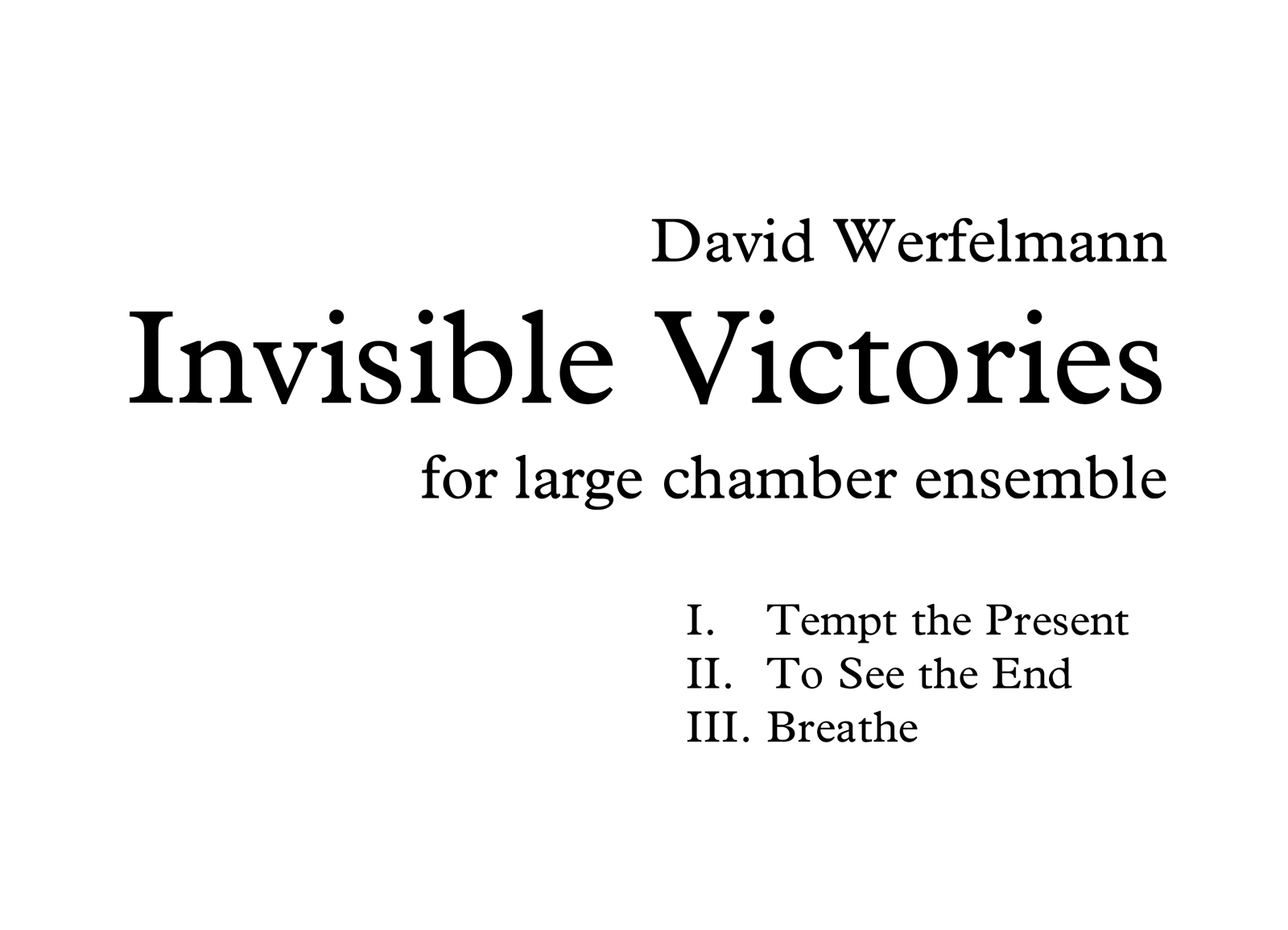About a month ago, my professor and mentor,
Brian Head, asked me to come up with the 10 most important reasons for an undergraduate music student to study music theory and aural skills. He and I (mostly he) are reworking the freshman and sophomore theory curriculum at USC so that it can serve the diverse educational goals that exist at this school. This is no easy task, as USC offers majors in music industry, popular music, composition, as well as the usual (and some unusual) performance-oriented majors. But I come from a background that emphasizes the liberal arts, which to me means that learning ought not to be a means to an end, but an end unto itself. In other words, we best serve ourselves as learners and musicians when we learn as much as possible without an a priori agenda. I've seen in many of my own students a selective approach to learning that often leads to failure. This happens because 18- and 19-year-old students cannot know what any one piece of their education will mean to them five or ten years in the future. I made similar mistakes as an undergraduate and will do anything I can as an educator to break that trend. So with that in mind, here are my Top 10 Reasons to Study Music Theory and Aural Skills:
06 July, 2011
/



